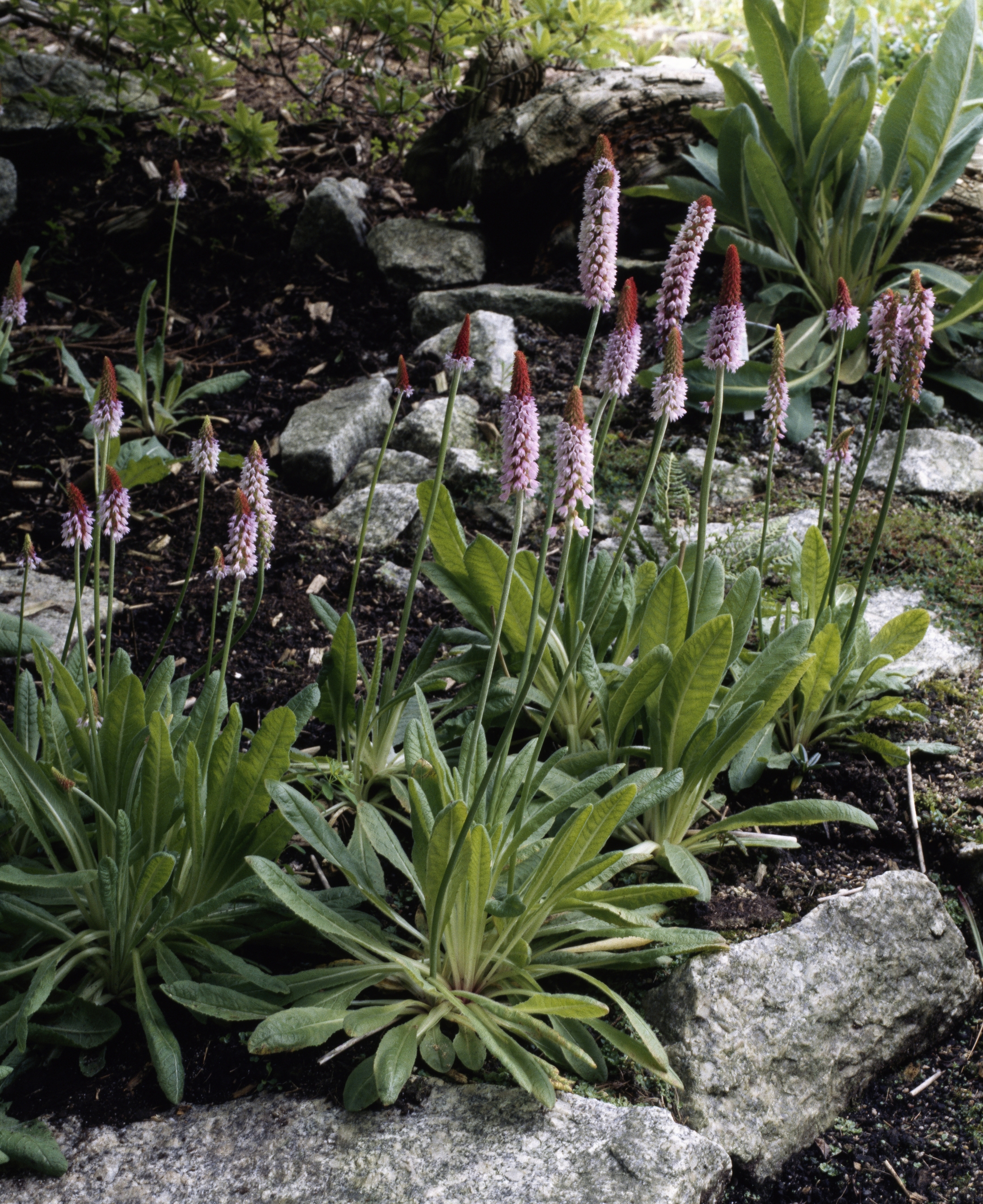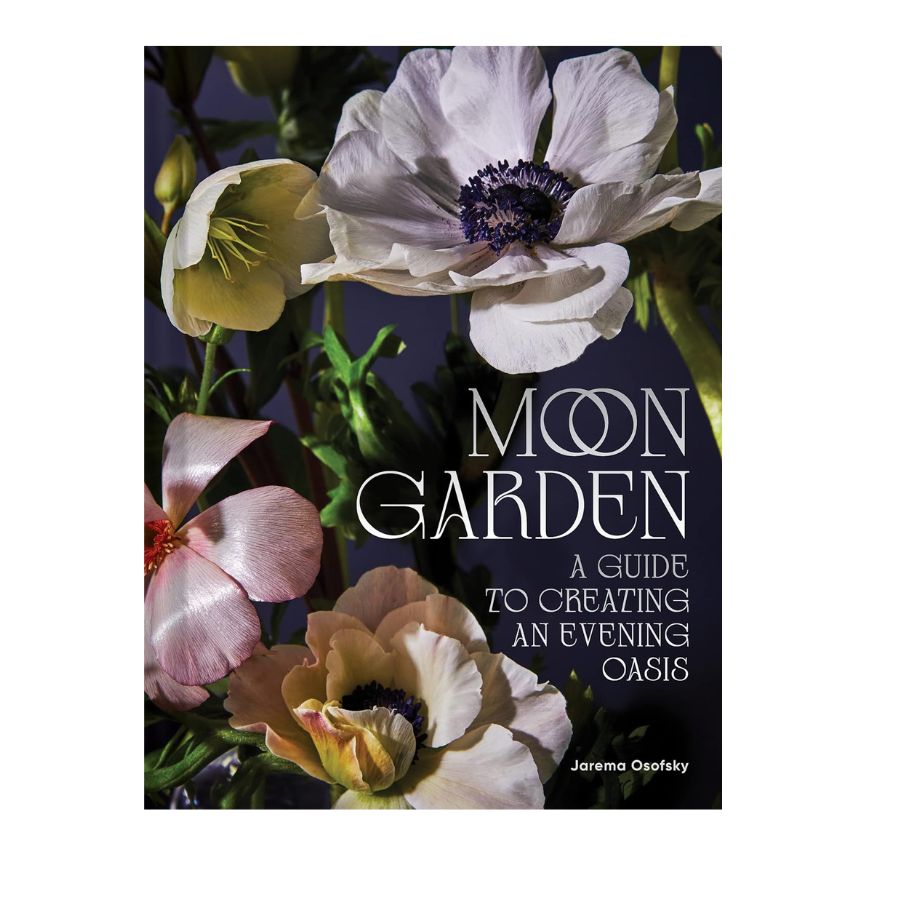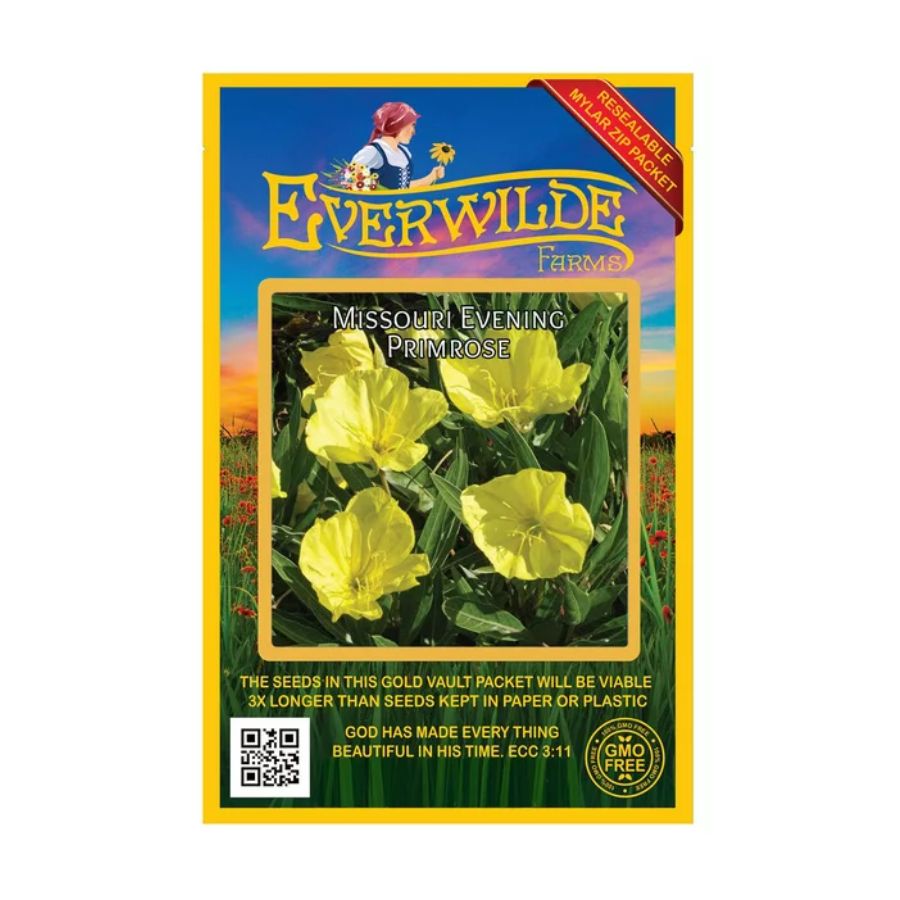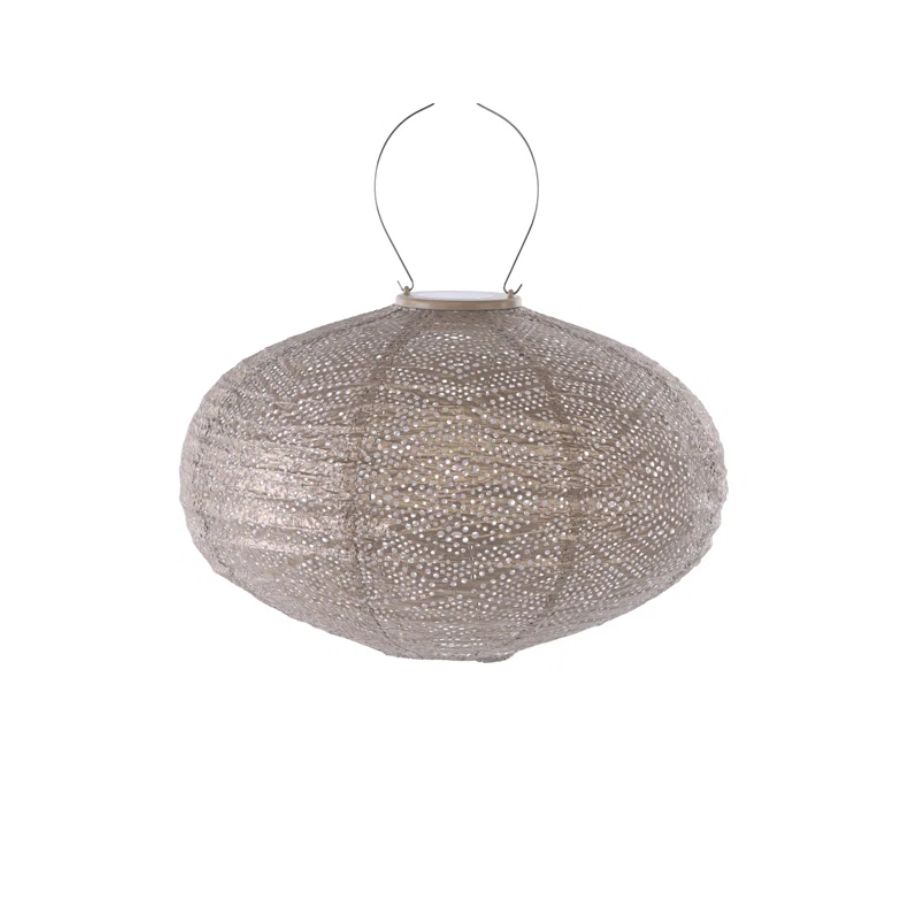What is a "moon garden"? 5 genius tricks to make your backyard look (and smell) better after dark
If you want to enjoy your garden by night as well as by day, a moon garden is the way forward. Here is what you need to do to achieve it, and the pitfalls to avoid

It was only recently that I heard about ‘moon gardens’ and I realized how used we are to enjoying our outdoor spaces by day only. The name itself intrigued me and just made me imagine what it would be like to look out one’s window in the evening and see a blooming scene.
I spoke with an expert in the field who told me about what exactly is a moon garden and gave me her tips on achieving one for ourselves. There are few things more soothing than tending to your garden plants, and seeing them come alive under the moonlight might just be an incredibly joyous modern garden experience we’ve been missing out on.
Here's what you need to know.
What is a moon garden?

Let’s get this straight first of all. ‘A moon garden is a garden designed with evening enjoyment in mind, full of night-blooming and night-fragrant plants, white flowers and silver foliage that reflect the moonlight, and nocturnal pollinators drawn to their luminescence,’ landscape designer Jarema Osofsky, founder of Dirt Queen NYC, tells me. Doesn’t it sound just magical? Definitely a garden trend to watch out for.
There seems to be a whole world that comes alive at night that I didn’t even realize existed, and it has so much potential for exploration. Designing and planting a moon garden might just be the new mindful activity I was searching for.
1. Incorporate night-blooming plants
I don’t know much about gardens so I asked Jarema Osofsky to give me her best, simplest tips to get started and make sure my garden will look as beautiful as it sounds. First of all, think about night-blooming plants.
‘Night-blooming plants open their flowers at dusk, releasing their sweet (and sometimes musky) scents into the night air,' Jarema says. 'This attracts nocturnal pollinators like hawk moths and bats and adds to the mystical quality of being in the garden at night.’ It's a take on wildlife gardening that we often overlook.
The Livingetc newsletters are your inside source for what’s shaping interiors now - and what’s next. Discover trend forecasts, smart style ideas, and curated shopping inspiration that brings design to life. Subscribe today and stay ahead of the curve.
2. Pay attention to the color palette
If you're anything like me, you'll want colorful front yard plants, no matter the time of day (or night). But it’s important to pay extra attention to the color palette, and not just go rogue.
‘Limit your plant color palette to a spectrum of whites, silvers, yellows, green, and purples – these colors will reflect the most light and shine brightest in the moonlight,’ explains Jarema.
3. Think about fragrance

This will be subjective to you and your personal taste, but for maximum impact in your moon garden, choose plants that are fragrant in the evenings. ‘Nicotiana, Brugmansia, and Evening Primrose,' suggests Jarema. 'Other plants are fragrant both day and night and make wonderful moon garden plants too —think Lilacs and Gardenias.’
Be clever about where you plant them. ‘Position them strategically so you can enjoy their fragrance as often as possible; for example, in entryways, along paths, near seating areas, and by your window so their sweet scents waft into your home,’ Jarema advises.
4. Consider the location of your garden
A moon garden is quite a romantic concept, so you’ll want to position it in a place where its beauty is enhanced by the surrounding area. ‘Choose a spot, when possible, with clear views of the night sky. This will make for the best stargazing and moon gazing. If you’re creating an indoor moon garden, carve out a spot near a window where you have a view of the moon and both the sunlight and the moonlight streams in.’
5. Choose native plants
If you want your garden to bloom successfully, make sure you go for native plants that have the most chance of thriving. ‘Plant native plants and avoid regularly mowing grass and raking up leaf litter – this will encourage more fireflies in your garden (the larvae live in the leaf litter),’ advises Jarema.
‘When choosing night-blooming plants for your garden, consider how cold your region gets. Many night-blooming plants are tropical and cannot survive outdoors in cold weather, so if temperatures drop below 50 degrees where you live, plant them in containers and bring them indoors in the winter-time, or treat them as annuals,’ she adds.
6. Set the scene
Make the most of the moon garden and set the scene with stylish outdoor accessories like lanterns, candles, and fairy lights that add to the magical atmosphere. Soft lighting will illuminate paths and seating areas, but most importantly will help create an intimate, peaceful atmosphere,’ tells me Osofsky.
If you really want to go all out, integrate a water feature. ‘A small fountain can do the trick. The sound of trickling water is infinitely relaxing.’
The pitfalls to avoid when creating your moon garden
It might sound dreamy, but there are definitely aspects to bear in mind to ensure your moon garden thrives and you get to enjoy it for a long time. Firstly, Jarema Osofsky advises avoiding some of the common tropes of modern garden lighting - flood lighting, uplighting, and blue light in particular. ‘These types of lighting will not only be too bright and disruptive for a night garden but will also add to light pollution and disorient insects and migratory birds,’ she says. It’s also best to refrain from planting too many different, powerful scents as they can cause sensory overload, and defeat the purpose of your relaxing natural space.
Last but definitely not least, do your research. There are poisonous night-blooming flowers out there, such as Brugmansia and Datura, that you’ll want to make sure don’t make their way into your little corner of evening heaven.
Create your own moon garden with these helpful buys
Raluca formerly worked at Livingetc.com and is now a contributor with a passion for all things interior and living beautifully. Coming from a background writing and styling shoots for fashion magazines such as Marie Claire Raluca’s love for design started at a very young age when her family’s favourite weekend activity was moving the furniture around the house ‘for fun’. Always happiest in creative environments in her spare time she loves designing mindful spaces and doing colour consultations. She finds the best inspiration in art, nature, and the way we live, and thinks that a home should serve our mental and emotional wellbeing as well as our lifestyle.


